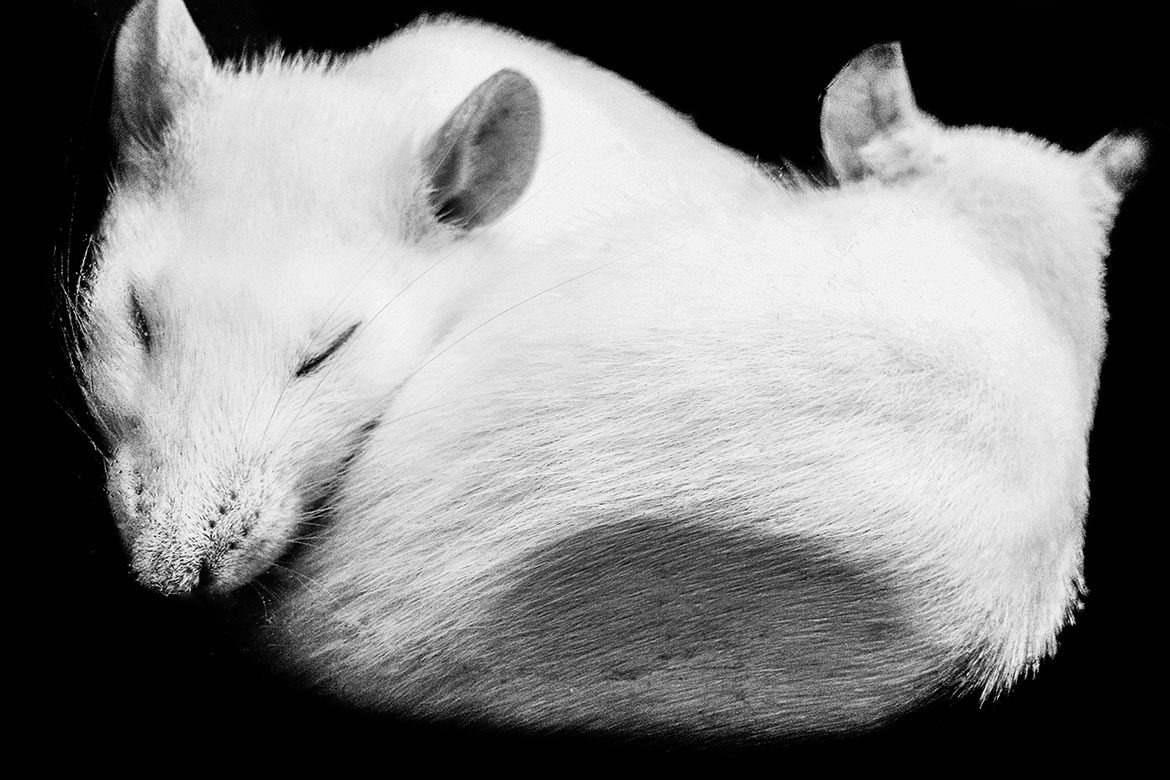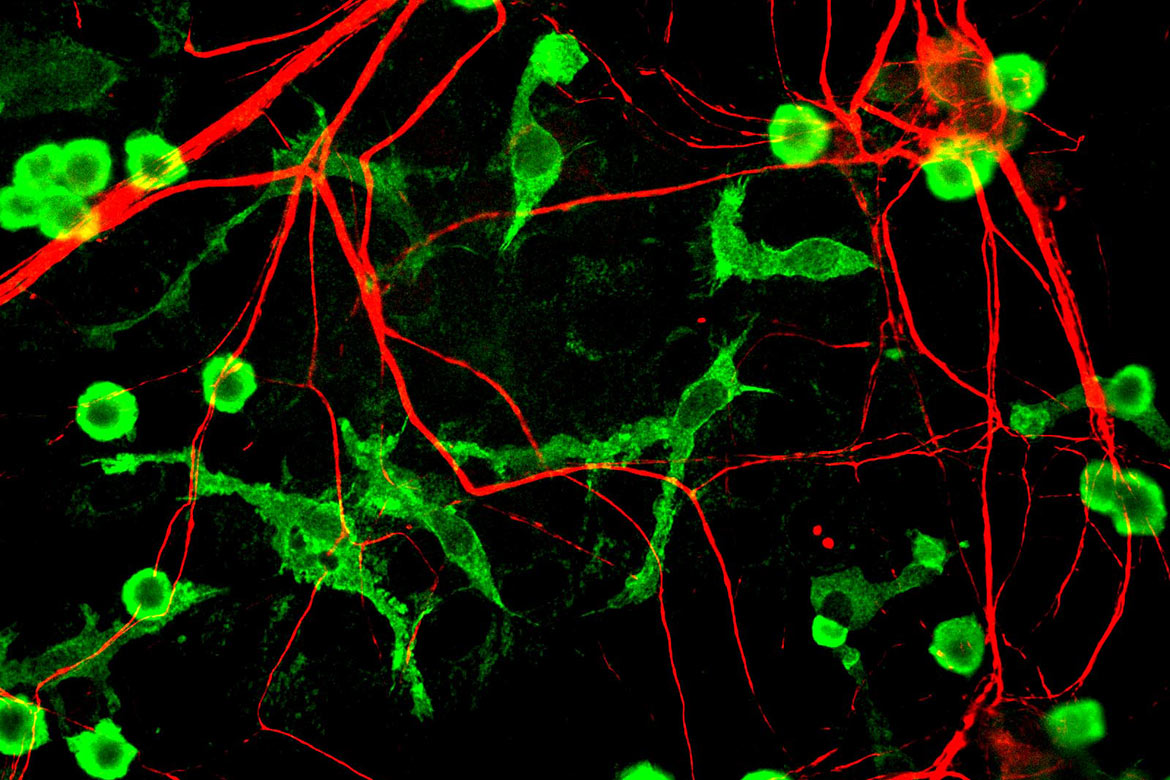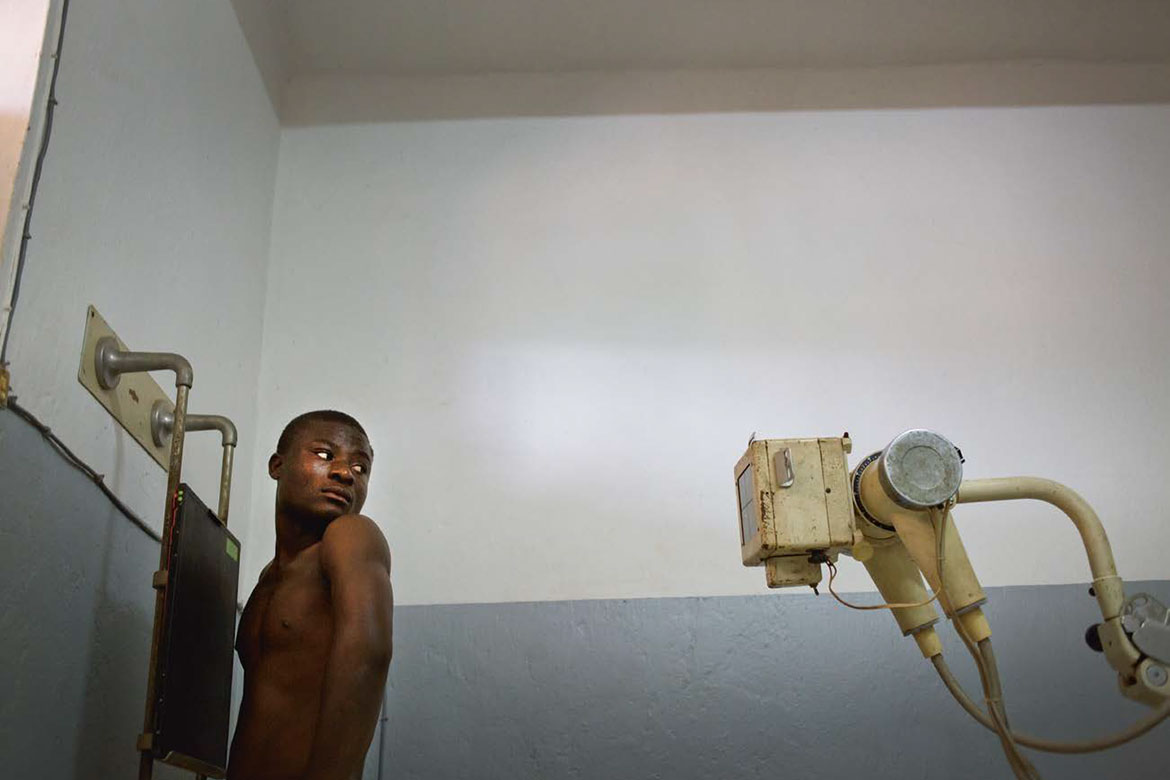Body clock disrupted by lost sleep
A lack of sleep has medium-term consequences for the body clock. It remains disturbed, even when we catch up on lost sleep.

Getting enough sleep keeps both mice and humans healthier and slimmer. | Image: iStock.com/Crissy1982
In modern society, chronic sleep deprivation is common and problematic, as it is suspected to be partly responsible for illnesses. A study in mice now provides new insights into the molecular consequences of shortened nights. It shows that even a single night’s sleep deprivation inhibits the activity of key genes in the body clock that otherwise ensure that processes within living beings are in lockstep with the alternation of day and night. This is the well-known ‘circadian rhythm’.
The authors of the study are researchers from UNIL and EPFL. They deprived rodents of sleep during the first six hours after dawn, their natural resting period. Then they studied the activity (or ‘expression’), over time, of all the genes active in their brains. They found that, for at least 48 hours, the fluctuations in activity of the central genes of the circadian clock (known as ‘clock genes’) were reduced or virtually eliminated. In other words, even when lost sleep is regained, the body clock has not recovered. These disturbances in the clock genes stop after seven days. But “a second instance of sleep deprivation could have more serious consequences”, says Paul Franken, who led the study.
And in humans? Several studies have already shown that these same clock genes play a key role in the development of diabetes and obesity in shift workers. This new study in mice suggests that “when you accumulate lost sleep during the week, lying in at the weekend is probably not enough to compensate”, concludes Franken.




